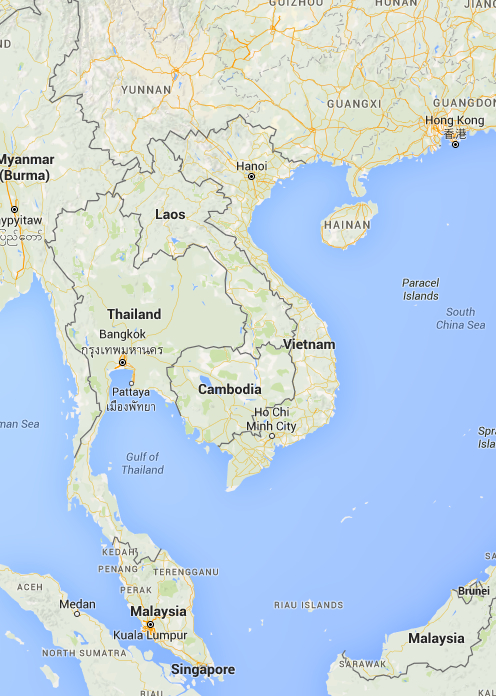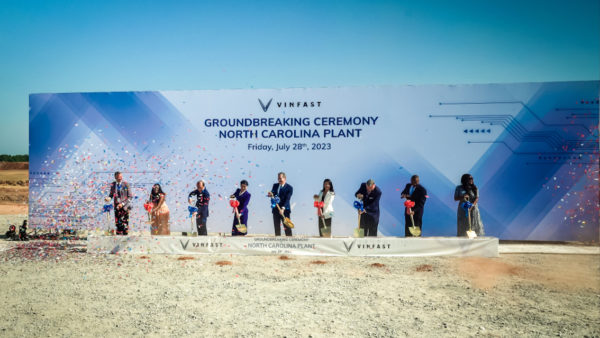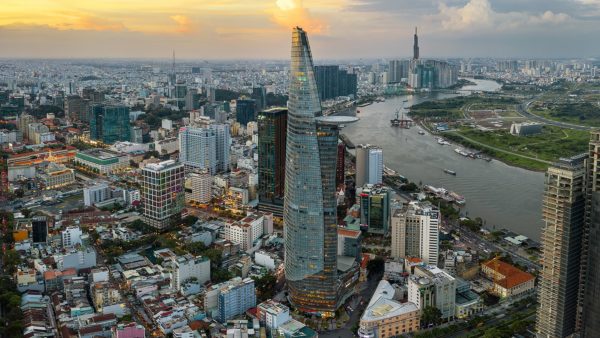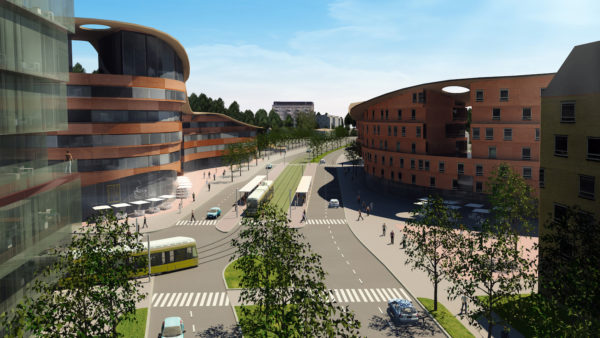China’s vision of a railway running approximately 3,000km from Kunming in Yunnan province down to Singapore took a step closer this month with key agreements reached in Laos and Thailand.
On 13 November Laos and China agreed that ground-breaking on the long-delayed, $6.28bn north-south rail link would take place on 2 December, state-owned newspaper Vientiane Times reported.
And, after months of rocky negotiations with China, the Thai cabinet yesterday approved a draft cooperation framework for the railway on its territory that would link Nong Khai on the Laos border with Bangkok.
That link would set the stage for a future rail service from Bangkok all the way down peninsular Thailand and Malaysia to Singapore (see map).
In Laos, China will provide 70% of the funding for the 418km railway, with Laos providing the rest.
Lao deputy minister of public works and transport, Lattanamany Khounnivong, told media that China had agreed a  lower interest rate than previously offered, without providing details.
"The signing of the agreement means the project has now begun," the minister said, adding the railway would take around four and a half years to build.

In future the service could run from Bangkok all the way down peninsular Thailand and Malaysia to Singapore (Google Maps)
In Thailand, government spokesman Sansern Kaewkamnerd said the draft framework covered the construction of two segments of standard-gauge railway, together comprising 867km, from Nong Khai near the Lao border to Kaeng Khoi, and from Kaeng Khoi to Bangkok.
The $9.7bn (350bn baht) cost would be met by Thailand and by a loan from China’s Export-Import Bank, at an interest rate not exceeding Thai domestic lending rates – an issue that has been a sticking point to date.
Another sticking point had been who operates the lines, with Thailand objecting to Chinese control.
The draft agreement contains a compromise, with China operating the lines for the first three years after completion, then jointly with Thailand for four years, after which Thailand would assume complete control.
The agreement sees China designing and building track systems and equipment, plus tunnels and bridges, while Thailand plays a supporting role with environmental impact assessments, some civil engineering, and land expropriation.
A foundation stone-laying ceremony for the project is scheduled for 19 December.
Construction could begin in May, Thai officials said, but only if more detailed agreements can be reached on construction costs and lending rates.










